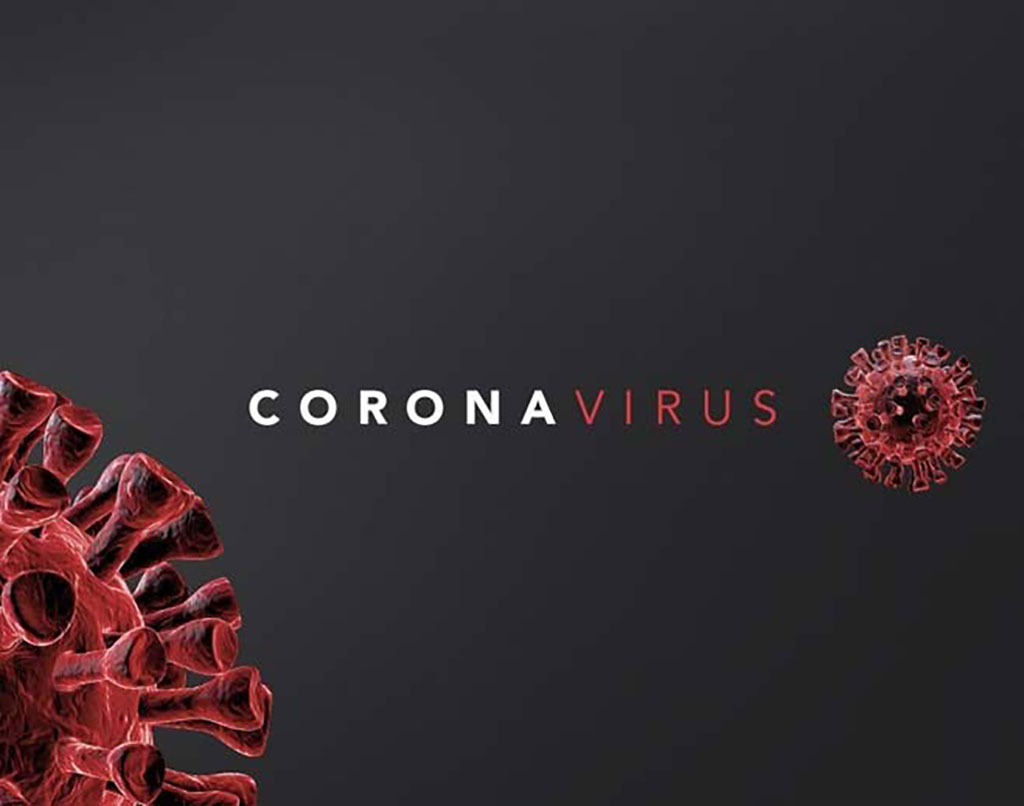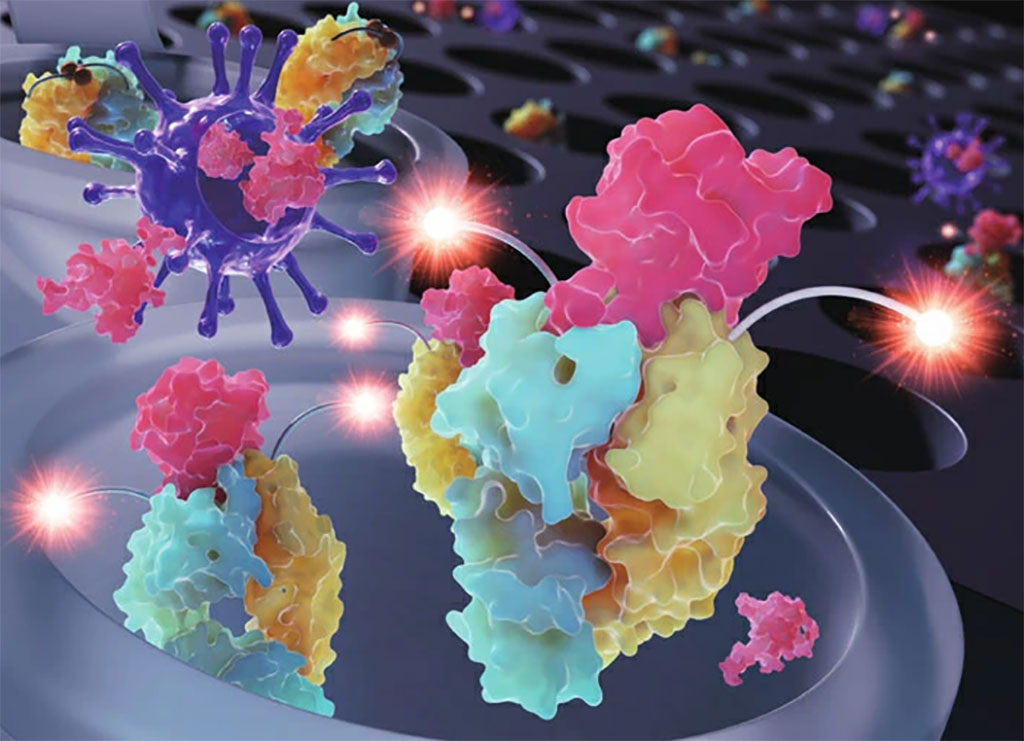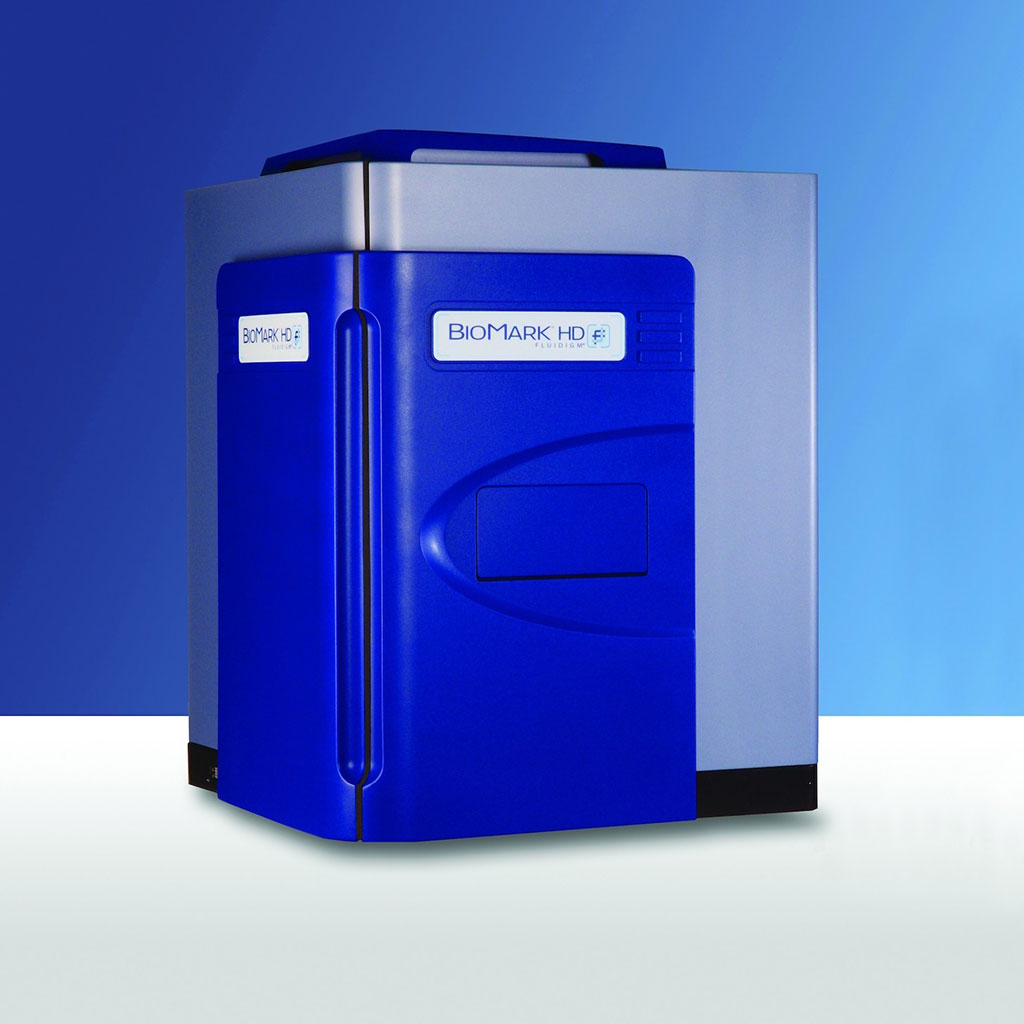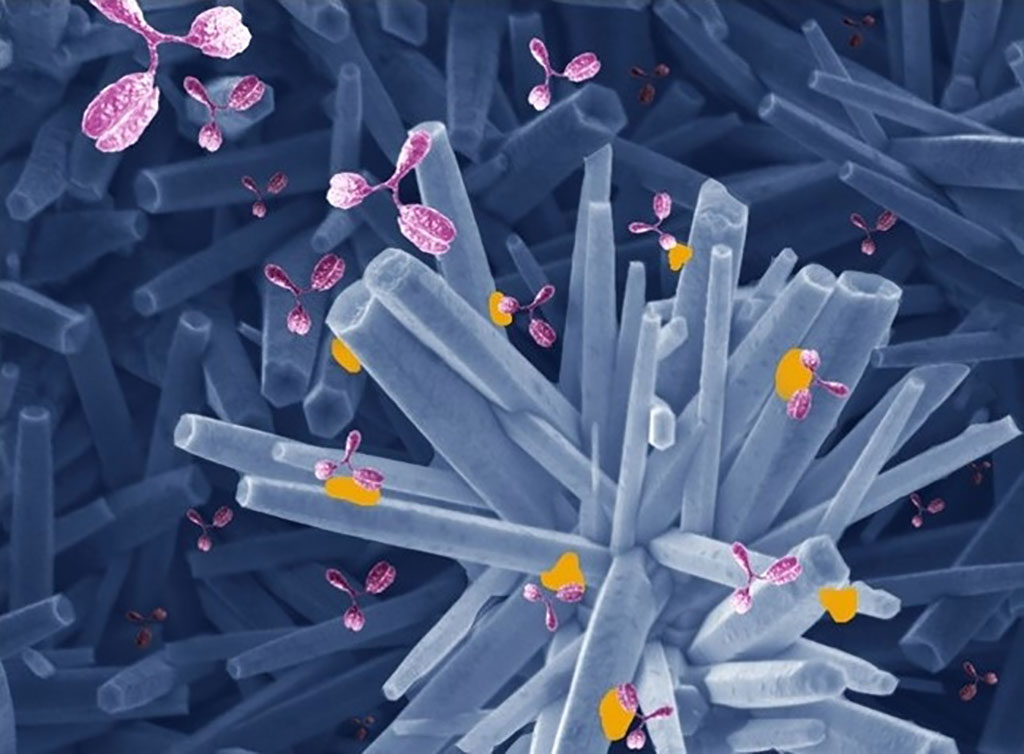Non-Invasive Skin Swab Samples Enough to Quickly Detect COVID-19, Finds New Study
By LabMedica International staff writers
Posted on 17 Mar 2021
Non-invasive skin swab samples are enough to quickly detect COVID-19, according to findings of a new study.Posted on 17 Mar 2021
In the study, researchers at the University of Surrey (Guildford, Surrey, UK), collected sebum samples from 67 hospitalized patients - 30 who had tested positive for COVID-19 and 37 who had tested negative. The samples were collected by gently swabbing a skin area rich in sebum - an oily, waxy substance produced by the body's sebaceous glands - such as the face, neck or back. The researchers analyzed the samples by using liquid chromatography mass spectrometry and a statistical modeling technique called Partial Least Squares - Discriminant Analysis to differentiate between the COVID-19 positive and negative samples.

Illustration
The team then found that patients with a positive COVID-19 test had lower lipid levels - or dyslipidemia - than their counterparts with a negative test. The accuracy of the study’s results increased further when medication and additional health conditions were controlled.
"Unfortunately, the specter of future pandemics is firmly on the top of the agenda for the scientific community. Our study suggests that we may be able to use non-invasive means to test for diseases such as COVID-19 in the future - a development which I am sure will be welcomed by all," said Dr. Melanie Bailey, co-author of the study from the University of Surrey.
"COVID-19 damages many areas of metabolism. In this work, we show that the skin lipidome can be added to the list, which could have implications for the skin’s barrier function, as well as being a detectable symptom of the disease itself," added Matt Spick, co-author of the study from the University of Surrey.
"Investigating new methods of diagnosis and surveillance in a new disease such as COVID-19 that has had such a devastating effect on the world is vital. Sebum sampling is a simple, non-invasive method that shows promise for both diagnostics and monitoring of the disease in both a healthcare and a non-healthcare setting," noted Dr. George Evetts, Consultant in Anesthesia & Intensive Care Medicine at Frimley Park Hospital.
Related Links:
University of Surrey














